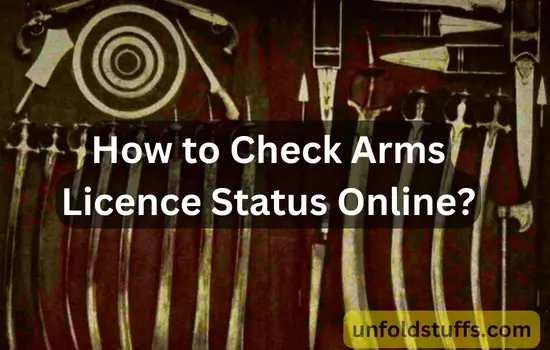Choosing the right eye doctor is crucial for maintaining optimal eye health and vision care. Whether you’re experiencing vision problems, need routine eye examinations, or are managing chronic eye conditions, selecting the right professional can make a significant difference in the quality of care you receive. This article provides detailed tips on how to select an eye doctor that best suits your specific needs.
Understand the Types of Eye Care Professionals
Before choosing an eye doctor, it’s important to understand the different types of eye care professionals:
- Optometrists (OD): These professionals provide primary vision care ranging from sight testing and correction to the diagnosis, treatment, and management of vision changes. Optometrists prescribe and fit eyeglasses and contact lenses, and they also provide a wide range of eye care services that include managing conditions such as glaucoma, age-related macular degeneration, and cataracts.
- Ophthalmologists (MD or DO): Ophthalmologists are medical doctors who specialize in eye and vision care. They can perform the same services as optometrists but also have training to carry out eye surgery and treat advanced medical conditions that affect the eyes.
- Opticians: Although not eye doctors, opticians are important eye care professionals who use prescriptions written by an optometrist or an ophthalmologist to fit and sell eyeglasses and other eyewear.
Consider Your Eye Health Needs
Your choice of an eye doctor often depends on your eye health needs. If you simply need a prescription for eyeglasses or contact lenses, visiting an optometrist might suffice. However, if you have a specific eye condition or require surgery, you might need to see an ophthalmologist. For those managing chronic eye diseases or conditions like glaucoma, diabetes-related eye care, or macular degeneration, continuous care from an ophthalmologist may be necessary.
Seek Recommendations and Reviews
- Ask for Recommendations: Start by asking your primary care doctor, friends, family, or colleagues for recommendations. They can provide insights based on their personal experiences.
- Check Reviews: Online reviews and testimonials can provide additional information on the patient experiences with the eye doctor. Websites like Healthgrades, Yelp, and Google reviews can offer a glimpse into the practice’s reputation.
Check Credentials and Experience
- Credentials: Ensure that the eye doctor is licensed and board-certified in their respective field. Certification indicates that the doctor has met professional standards of education, knowledge, and experience.
- Specialization and Experience: If you have specific eye care needs due to conditions like cataracts, retinal diseases, or glaucoma, look for a doctor who specializes in treating these conditions. The more experience a doctor has with a specific condition or procedure, the better your treatment outcomes may be.
Consider the Practice’s Resources
Evaluate the facilities and the technology that the practice offers. A practice equipped with the latest technology can provide more accurate diagnoses and modern treatment options. Also, consider the range of services provided. Some practices offer comprehensive services, from eye exams to advanced surgical procedures, which can be convenient.
Evaluate Communication and Comfort
- Communication Style: Choose a doctor who is a good communicator and responsive to your questions and concerns. During your initial visit, note whether the doctor and the staff are approachable and willing to spend time discussing your diagnosis and treatment options.
- Comfort Level: Feeling comfortable with your eye doctor and the practice staff can significantly impact your healthcare experience and outcomes.
Assess Location and Availability
- Location: Ideally, your eye doctor’s office should be conveniently located and accessible. This makes attending regular check-ups and follow-up visits easier.
- Availability: Consider the doctor’s availability, including ease of scheduling appointments, office hours, and availability in emergencies.
Insurance and Cost Considerations
- Insurance: Check if the practice accepts your health insurance plan, which can influence your costs considerably.
- Cost: Understand the cost of services, especially if you are paying out-of-pocket. It’s important to consider what you are getting for the price to assess the value.
Selecting the right eye doctor is a crucial step toward maintaining excellent eye health and vision. By carefully considering their qualifications, experience, the quality of the practice, and your comfort with them, you can find a provider who will meet your eye care needs effectively. Remember, the health of your eyes should never be overlooked, as it plays a vital role in your overall quality of life.
Hey there! I’m a self-proclaimed Twitter addict and an unapologetic coffee lover.









